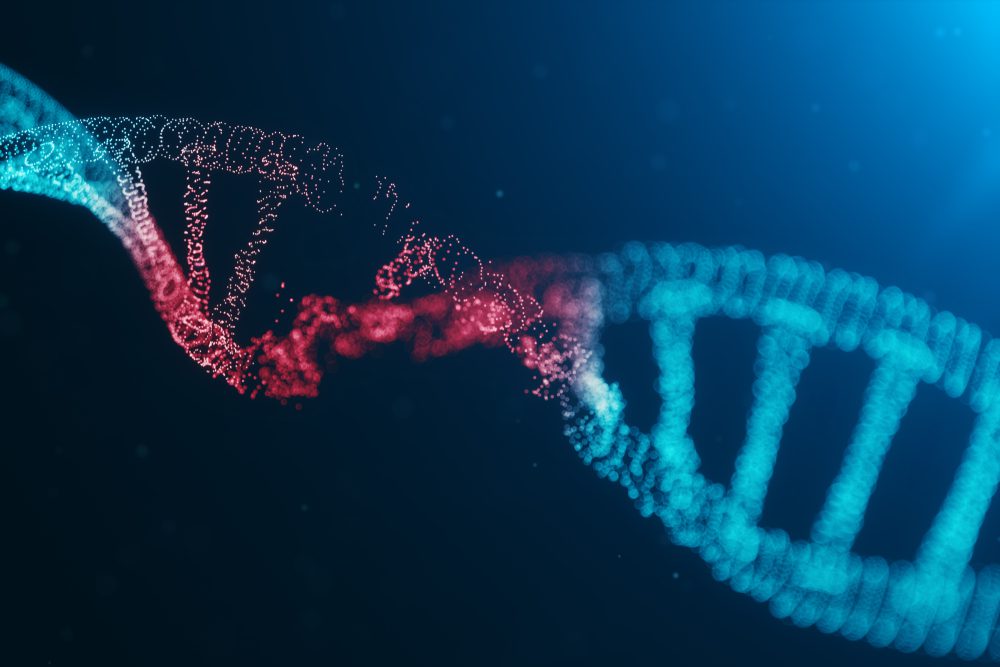
Why do variants develop?
Viruses like coronavirus and influenza carry their genome, or genetic code, in RNA (ribonucleic acid, a nucleic acid found in all living cells). When more RNA is made, there’s a chance that the copy won’t be perfect and a mutation will occur, experts explain. Since millions of people are getting COVID, there are many chances for mutations to occur.
The concept of a “variant” comes from that of a “strain”—it’s just a difference in the viral genetic code. Most mutations either make the virus have no effect or infect it worse, Peter Kasson, M.D., Ph.D., says.
However, he explains that some mutations make the virus infect people faster or help it evade existing immunity, which happens when they make it harder for vaccines to protect against infection. Unfortunately, these mutations have a chance to spread further, experts say.













